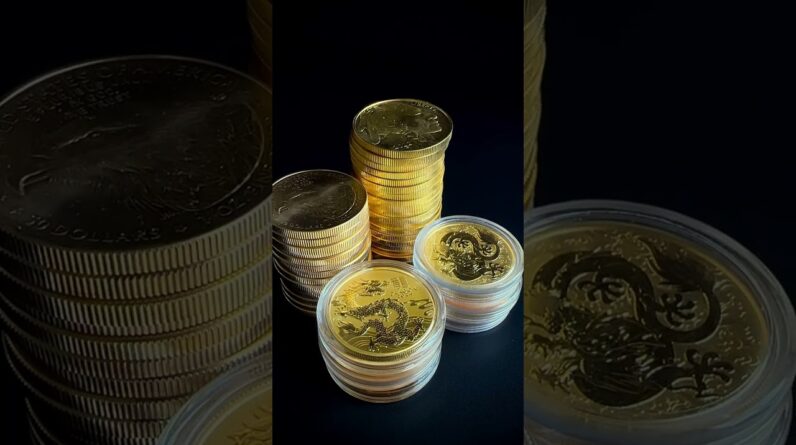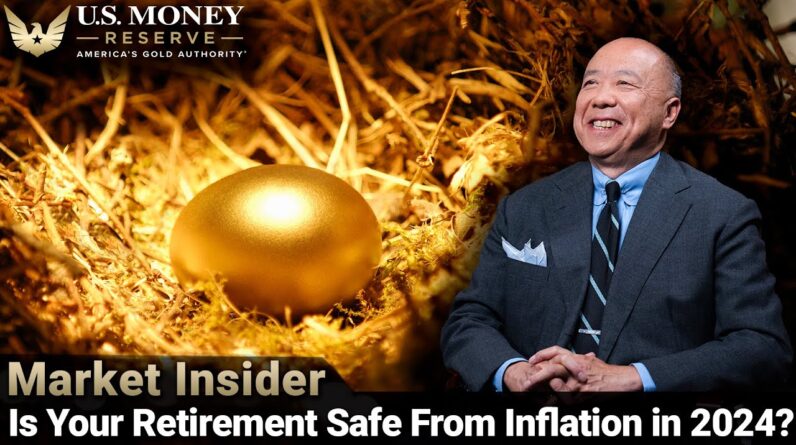The impact of economic recession on the value of gold is a topic that has captured the attention of investors and financial analysts worldwide. During times of economic uncertainty, the value of gold often experiences significant fluctuations, making it a crucial asset for diversifying investment portfolios. Understanding how economic downturns can influence the price of gold is essential for making informed investment decisions.
Introduction
In the uncertain realm of economics, gold has stood the test of time as a coveted asset, particularly during periods of economic recession. The allure of gold as a safe haven investment has captivated the minds of investors and financial analysts alike, transcending generations with its timeless appeal. As the world navigates through the turbulent waters of economic downturns, the value of gold shines brightly, offering a beacon of stability in an otherwise volatile market landscape.
Economic Recession: A Catalyst for Gold’s Ascendancy
In times of economic recession, the value and demand for gold witness a significant upsurge, driven by various factors that underpin its intrinsic worth. Let’s delve into the multifaceted impact of economic recession on the value of gold:
1. Safe Investment Amid Financial Uncertainty
In the midst of economic turmoil, investors flock to gold as a safe investment haven, seeking refuge from the storm of uncertainty that engulfs traditional financial markets.
2. Scarcity Propels Value
The reduced mining activities during economic downturns contribute to the scarcity of gold, thereby elevating its intrinsic value in the eyes of investors and collectors.
3. Hedge Against Currency Devaluation
As currencies face the brunt of devaluation during recessions, gold emerges as a reliable hedge to safeguard wealth and mitigate the risks associated with fluctuating exchange rates.
4. Central Banks’ Embrace of Gold
Central banks strategically reallocate their reserves to include more gold during times of economic turmoil, recognizing its stability and enduring value in a volatile economic landscape.
5. Influence of Investor Sentiment
The whims of investor sentiment play a pivotal role in shaping the trajectory of gold prices during recessions, as market perceptions and speculative behaviors influence demand and supply dynamics.
6. Market Dynamics: Inflation and Operational Challenges
The fluctuation in gold prices is intricately tied to inflationary pressures and operational challenges within the mining industry, amplifying the volatility of this precious metal in economic recessions.
7. Global Geopolitical Tensions
The rise in global geopolitical tensions acts as a catalyst for heightened demand for gold, as investors seek solace in this tangible asset amidst the uncertainties of international relations and geopolitical shifts.
Conclusion
In conclusion, the value of gold in economic recessions transcends mere monetary worth, embodying a complex interplay of economic, geopolitical, and psychological factors that converge to solidify its status as the ultimate safe haven asset. As the world grapples with the ebbs and flows of economic cycles, gold stands as a beacon of stability, offering a timeless allure that transcends the bounds of contemporary financial markets.
FAQs
- Is gold always a safe investment during economic recessions?
- How do central banks affect the value of gold during economic turmoil?
- What role does inflation play in influencing gold prices in times of recession?
- Are there any technological advancements shaping the dynamics of the gold market during economic downturns?
- Why does investor sentiment hold significant sway over gold prices in turbulent economic times?










